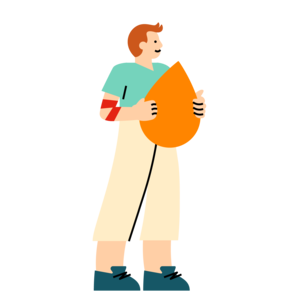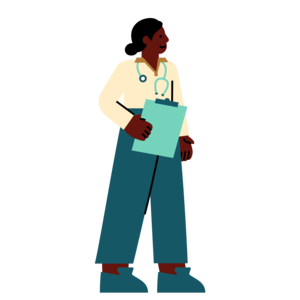Platelet transfusions
Why might I need a platelet transfusion?
If you have a low platelet count, which is called thrombocytopenia, or platelets that don’t work properly causing bleeding or putting you at a high risk of bleeding. This may be due to:
chemotherapy
bone marrow transplantation
major surgery
liver disease
severe trauma, or
some medications.
There aren’t any options other than a platelet transfusion. Starting and stopping some medication may help lower some people’s risk of bleeding.
Human leucocyte antigen (HLA) compatible platelets
Our human leucocyte antigen type, or tissue type, is inherited from both our parents. There are thousands of human tissue types that exist on the surface of most of our cells including platelets.
Most patients don’t require human leucocyte antigen compatible platelets, but a very small group of patients need their platelets to be specially matched. These patients have human leucocyte antigen antibodies in their blood that can destroy transfused donor platelets. The human leucocyte antigen antibodies can develop during pregnancy, after a platelet transfusion or after organ transplantation.

